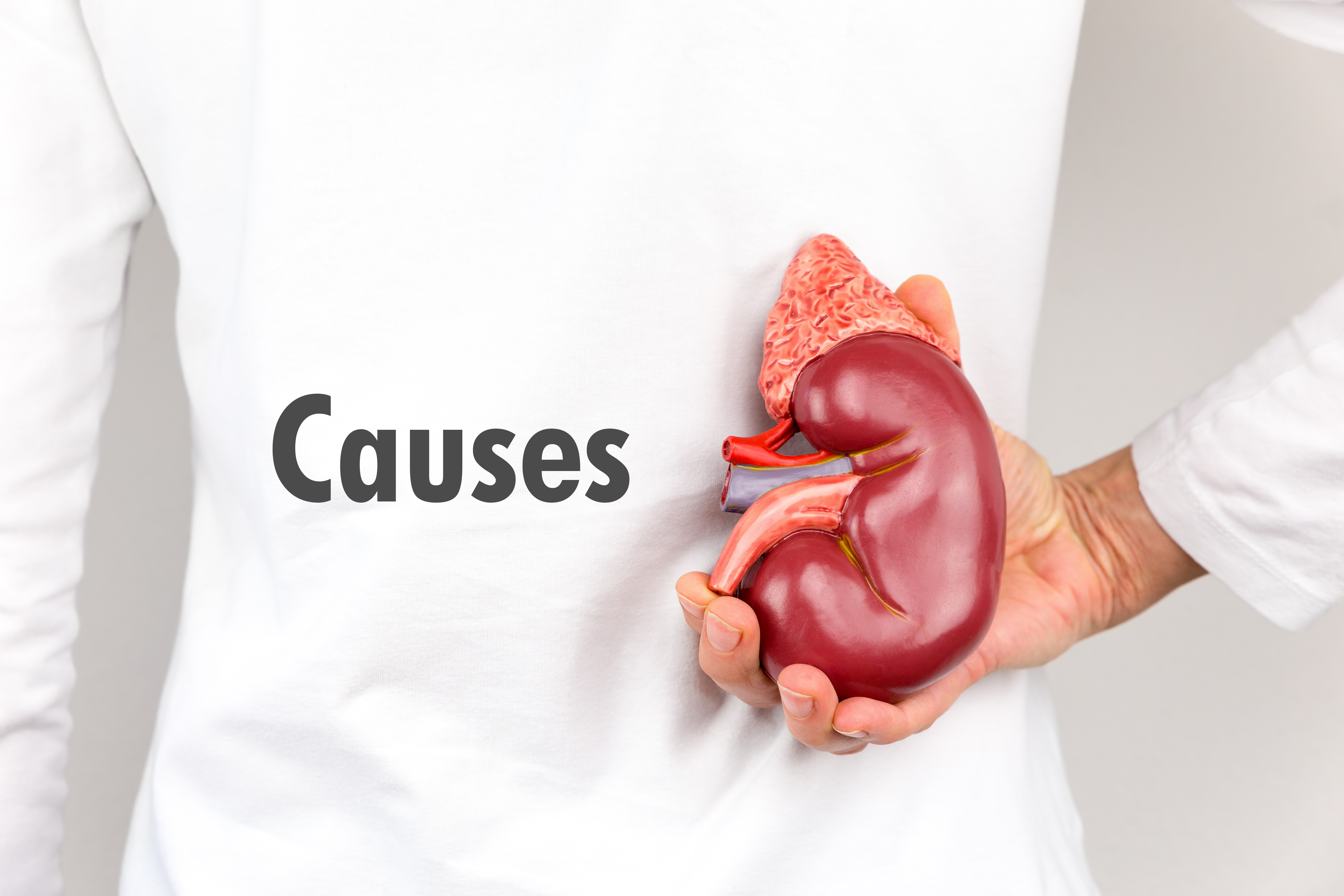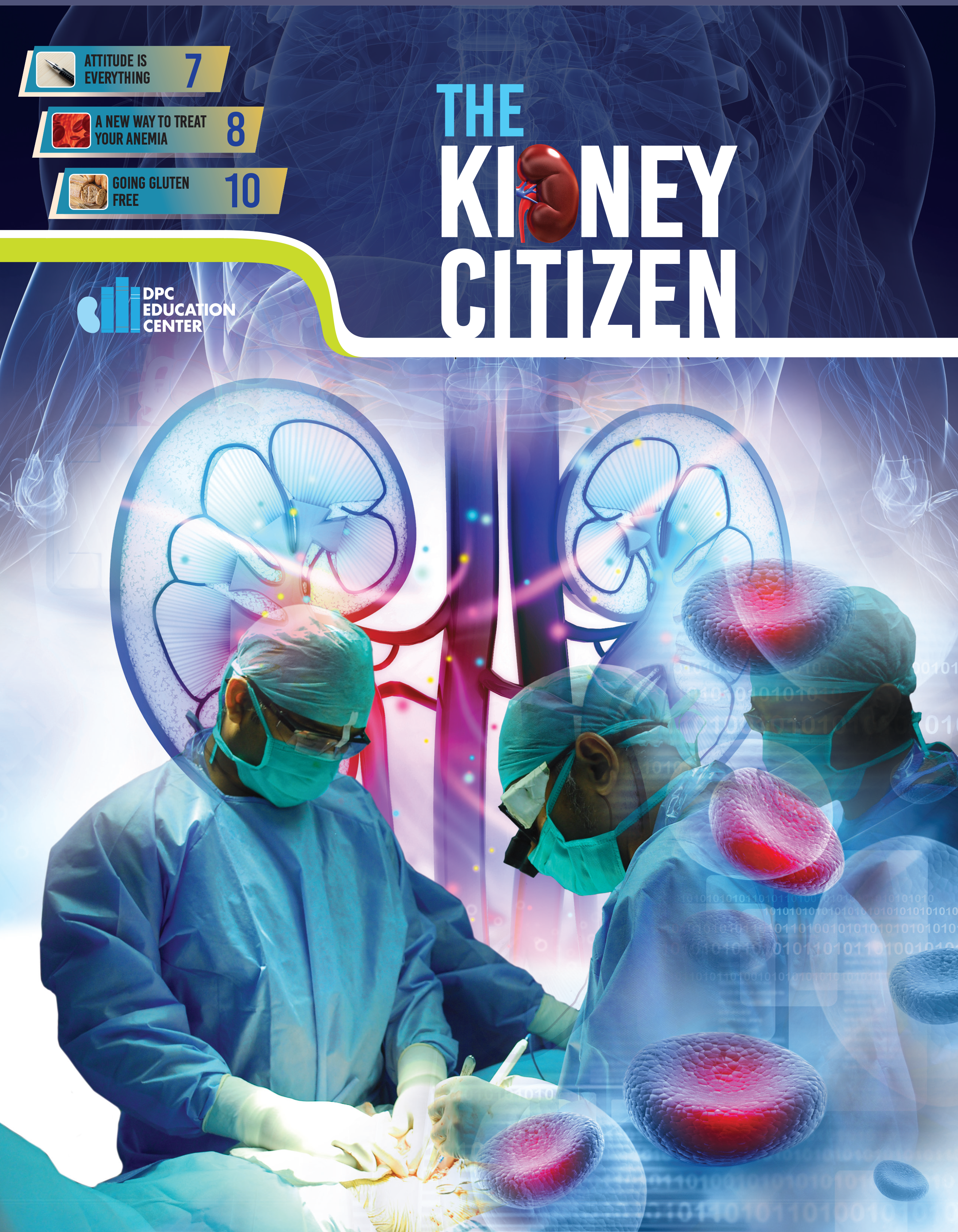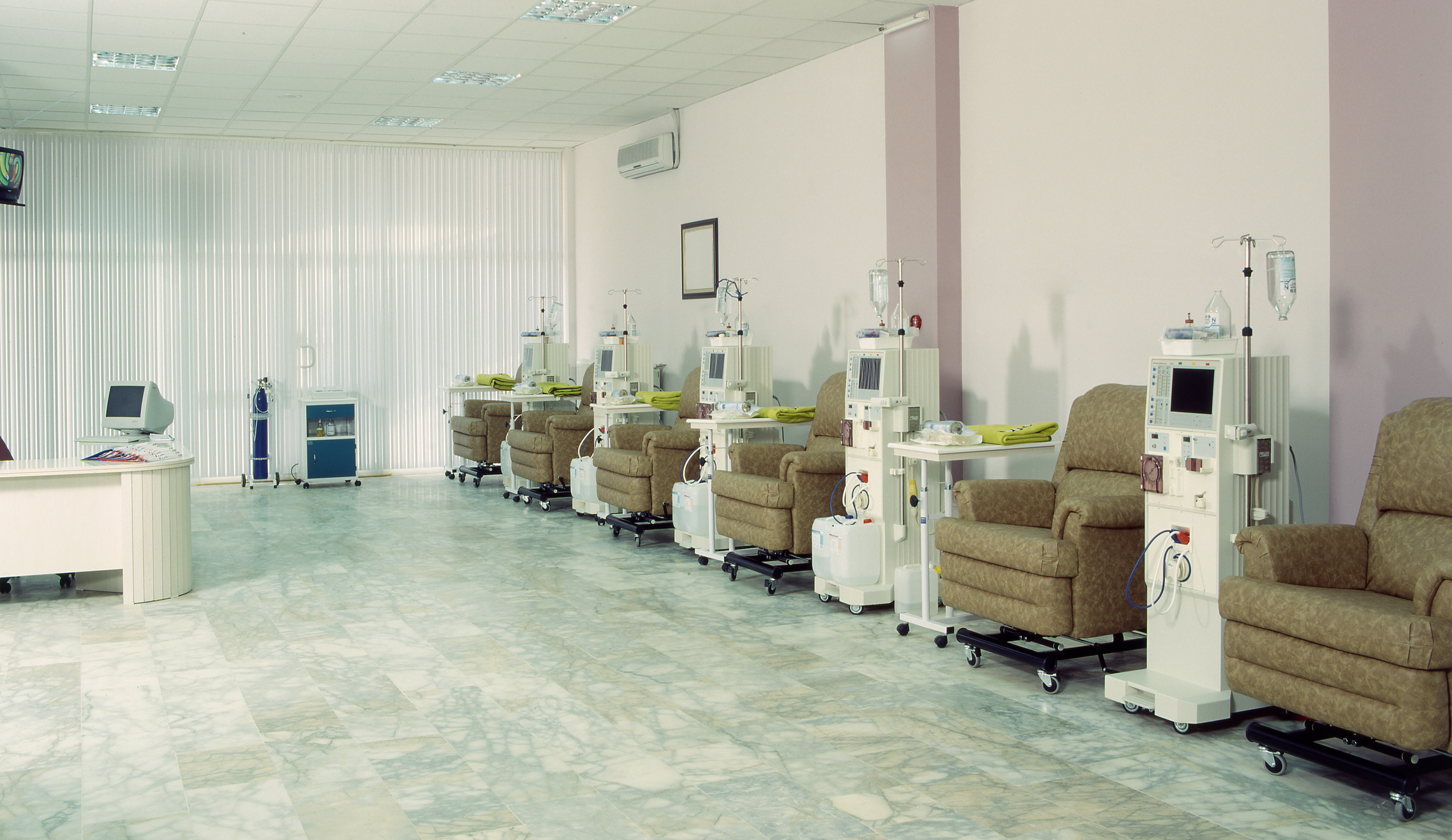Diagnosis of Kidney Disease
A few simple tests can alert you and your doctor to early kidney disease for additional testing or diagnose you with the disease. Even if you only have one of the risk factors, it is a good idea to get a screening at one of the free testing sites or at your doctor’s office. There will be minor differences from place to place, but the basic tests used are blood, urine, imaging or biopsy. At a screening your healthcare provider will use a quick assessment to determine what tests make the most sense. Blood Tests These will range from [...]




